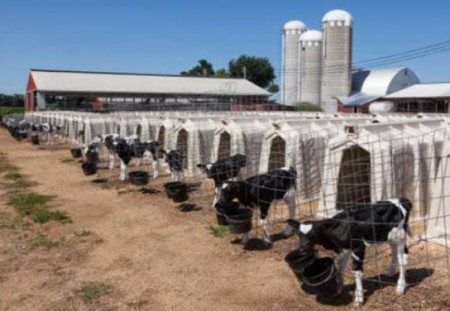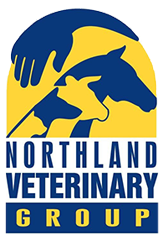
Overseas comparison of raising for veal (bobby calves) – Calf crates in the UK
With Bob Kerridge entering the area of cultural care or abuse of animals I thought I would stick my neck out a bit and poke the embers of the animal welfare debate.
New Zealand is a world leader in its animal welfare legislation. With pride I can say this is in no small part to the involvements of Veterinarians and sound farming industries. In some countries we see some very fringe groups being involved in this area.
Below is a direct quote from the Animal Welfare act:
Obligation to care for animals
While penalties for ill-treatment of animals are still featured, there is greater emphasis on prevention. This is done by clearly establishing the obligations of those responsible for the care of animals. The needs of animals take note of the internationally recognized five freedoms:
- proper and sufficient food and water
- adequate shelter
- the opportunity to display normal patterns of behaviour
- physical handling in a way which minimises the likelihood of unreasonable or unnecessary pain or distress
- protection from, and rapid diagnosis of, any significant injury or disease.
These obligations are qualified, however, as the needs in each individual case are assessed according to what is appropriate to the species, environment and circumstances of an animal.
Some people frown on people who eat dogs, some people will not eat pork and some will not eat beef.
Fluffy rabbits and Guinea pigs are staple food in some countries as are rats.
In reality the eating of dogs, or pigs, or horses is irrelevant.
What is important is how they have lived and how they have died. It is widely recognised that people who mistreat animals also mistreat children and other people.
Our law is heavily influenced by “Codes of Welfare” that have a major influence on what is acceptable behaviour by people and they are used as the basis of prosecutions. There are codes of welfare for Bobby calves, dairy cows, dogs, rodeo animals, horses etc.
Most of these codes are based on best science and not emotion.
However……
There are other interested parties out there that also have an influence. This could be referred to as the populist view.
E.g. you shouldn’t wear possum furs as they come off an animal (despite the pest status of possums)
Organisations like PETA can have a very large impact on the marketability of our products globally. Having good science based legislation like the animal welfare act helps New Zealand position itself well in global markets. I would suggest that if you are in the farming sector you should have access to animal welfare codes applicable to your industry.
Sometimes it is not about animal welfare but market access and earning a dollar.
– Ross Woods, B.V.Sc
The link to the full list of Codes of Welfare:
www.biosecurity.govt.nz/regs/animal-welfare/codes/alphabetically


